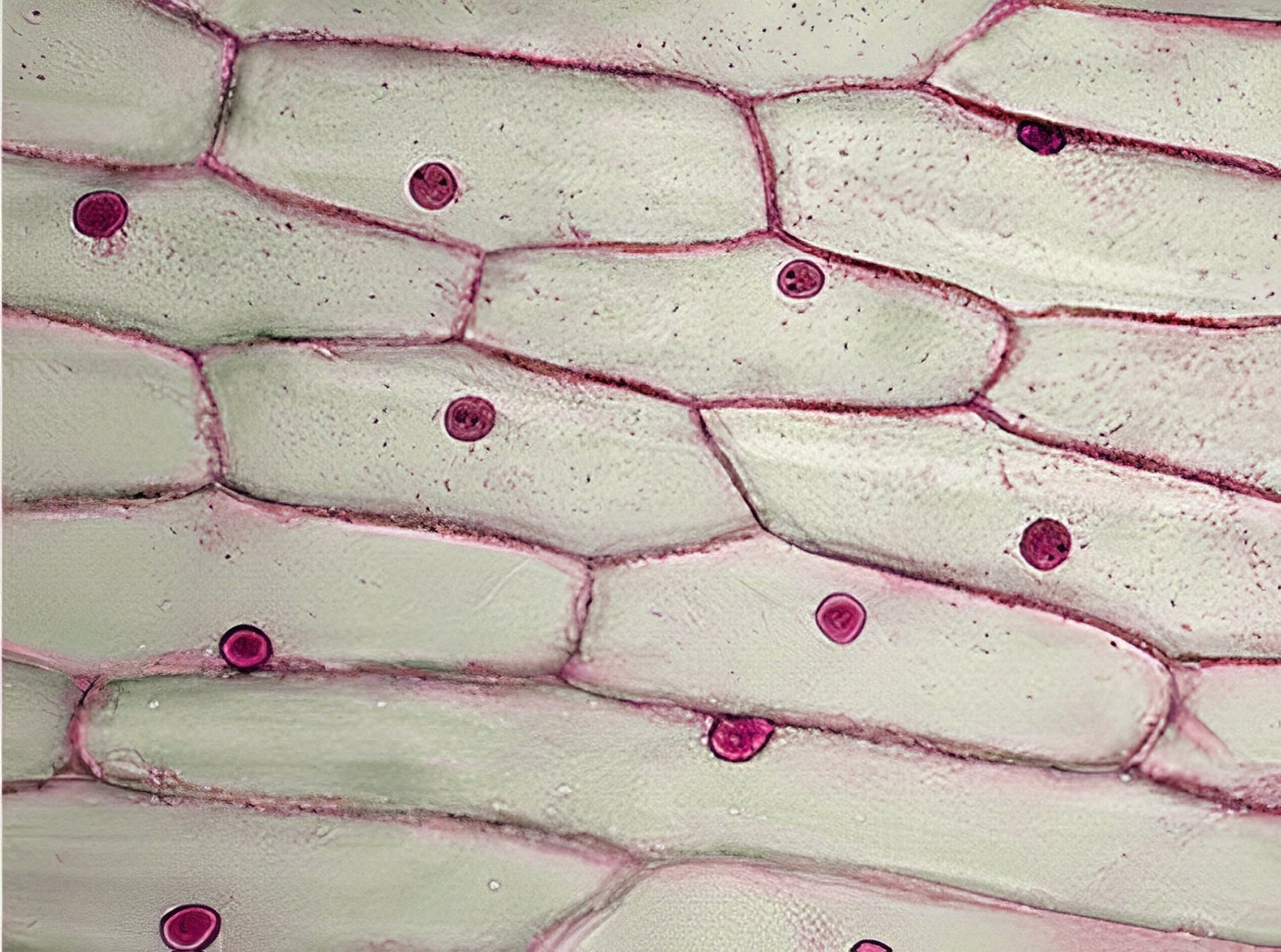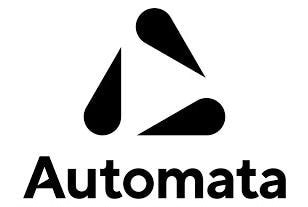Sponsored Content by AutomataReviewed by Louis CastelSep 10 2024
Plant tissue culture involves cultivating plant cells, tissues, and organs in a nutrient-rich medium using controlled, aseptic techniques.1
Since its inception in the early 20th century, plant tissue culture has become essential for researching plant genome transformation, rapid multiplication of rare plant genotypes, disease-free plants, and the production of plant-derived metabolites.1
These plant-derived metabolites are employed in a wide range of sectors and industries, such as dietary supplements, flavorings, cosmetics, pharmaceuticals, fragrances, and dyes.2
Secondary metabolites, which are organic compounds produced by organisms and not directly involved in their normal growth, development, or reproduction, are especially significant in pharmaceuticals and therapeutic applications.
Plants have long played an important role in traditional medicine—approximately 80 % of the global population continues to utilize plant-derived components for health and well-being.2
Plant tissue culture also has a role in large-scale propagation applications.3 With a global population exceeding eight billion and growing, supplying plant-based food products has become one of the greatest challenges humanity has ever encountered.3
This article explores the advantages of plant tissue culture, the common challenges associated with it, and how lab automation can help address these issues.

Image Credit: Barou adbennaser/Shutterstock.com
Advantages of plant tissue culture
Employing plant tissue culture can dramatically improve crops in agricultural and commercial settings.4 Recent advancements in the agricultural genomics (agrigenomics) sector, a cutting-edge field in plant tissue culture that leverages genomics to scale up agricultural solutions, have also been reported.
In plant tissue culture, factors such as temperature, photoperiod, humidity, light, and growing mediums can be precisely controlled to create an optimized environment, which is ideal for addressing the various challenges associated with traditional crop cultivation.5
Various in vitro methods have been developed, including organogenesis, micropropagation, and somatic embryogenesis.5 As a result, modern plant tissue culture has many advantages:
Production of disease-free plants
Plant diseases can have a global economic impact, making the production of disease-free plants vital in terms of plant survival and agricultural productivity.6
Creating genetically diverse plants
Wild plants have greater genetic diversity than domestic crop species. Somatic hybridization and other methods can be used to increase diversity as well as create important breeding resources.7
Culturing difficult plants
By precisely controlling the conditions in plant tissue culture, growing plants that are typically challenging to propagate becomes easier.8
Genetic enhancement
Utilizing plant tissue culture simplifies genetic modification, making it easier to enhance specific traits, such as enhancing particular flower characteristics in floriculture.9
Year-round produce
By shortening propagation times and enabling plant growth regardless of their natural growing season, plant tissue culture facilitates year-round crop production.10
Genetic preservation
Tissue culture and regeneration from plant explants, which involves removing living tissue from an organism and cultivating it in a specialized medium, can be crucial in preserving endangered species, particularly when their natural habitats have been significantly reduced.11
Increasing yields
When tissue culture conditions are optimized for plant growth, the yields from individual plants can be significantly increased. Additionally, this process can be quickly scaled up, leading to even greater boosts in overall crop yields.10
Common problems in plant tissue culture
While cell culture usage continues to expand, most cell biology operations are carried out manually. This reduces the optimization of throughput and productivity processes and highlights the necessity for fully automated cell biology workflows.
To fully harness the benefits of plant tissue culture, various challenges must be addressed. These can be physiological, technical, or genetic, and may also arise from the need for specialized personnel and facilities to achieve effective and scalable plant tissue culture.5
Laboratory facilities
Plant tissue culture labs need several fundamental facilities to function effectively, including aseptic areas, media preparation rooms, laminar flow hoods, sterilization facilities, incubators, and control over humidity, circulation, air temperature, and lighting.5 An important element is having trained and specialist personnel to operate equipment and conduct experiments.5
Technical problems
The contamination of in vitro plants by microorganisms such as fungi and bacteria can significantly impact cell culture quality and presents a major technical challenge. Addressing both internal contamination—from sources like mother plants—and external contamination—from humans, labware, and reagents—requires the application of sterilization and aseptic techniques.12
Another technical issue in plant tissue culture is the delay of sub-culturing, which can lead to burned plantlets.5 Such delays may result from inadequate resources, facilities, or limited personnel, potentially causing loss or damage in the production of in vitro plantlets and the maintenance of stock cultures.5
Physiological problems
Browning in plants, a natural process resulting from the oxidation of polyphenols, can lead to inhibited growth, metabolic disruption, and even death of in vitro explants.13 The risk of browning can be reduced by optimizing the timing of explant collection or by adding antioxidant supplements.13
A tissue culture protocol must also be optimized to address challenges related to in vitro root initiation and the potential for subsequent acclimatization failure.5
Genetic problems
Plant tissue culture provides benefits such as genetic preservation, enhancement, and the production of genetically diverse plants. However, issues related to plant genetics can also occur.
One significant concern is culture-induced genetic variation, an undesirable phenomenon, particularly in mass propagation, where a large yield of genetically stable plant material is required.14
Automating plant tissue culture
Several challenges in plant tissue culture stem from a lack of optimization in laboratory workflows and facilities. By incorporating automation into laboratories, these issues can be more effectively addressed. Workflows can be optimized, maximizing the productivity and potential of the lab and its personnel.
LINQ is an open integrated automation platform from Automata that is capable of automating end-to-end laboratory workflows.
Fully automated cell culture workflows
Video Credit: Automata
References and further reading
- Espinosa-Leal CA, Puente-Garza CA, García-Lara S. In vitro plant tissue culture: means for production of biological active compounds. Planta. 2018;248(1):1-18. doi: 10.1007/s00425-018-2910-1
- Chandran H, Meena M, Barupal T, Sharma K. Plant tissue culture as a perpetual source for production of industrially important bioactive compounds. Biotechnol Rep (Amst). 2020;26:e00450. doi: 10.1016/j.btre.2020.e00450
- Wijerathna-Yapa A, Hiti-Bandaralage J. Tissue Culture—A Sustainable Approach to Explore Plant Stresses. Life (Basel). 2023;13(3):780. doi: 10.3390/life13030780
- Brown DC, Thorpe TA. Crop improvement through tissue culture. World J Microbiol Biotechnol. 1995;11(4):409-15. doi: 10.1007/BF00364616
- Abdalla N, El-Ramady H, Seliem MK, et al. An Academic and Technical Overview on Plant Micropropagation Challenges. Horticulturae. 2022;8(8),677. Doi: 10.3390/horticulturae80806772. 2
- Rani A, Donovan N, Mantri N. Review: The future of plant pathogen diagnostics in a nursery production system. Biosens Bioelectron. 2019;145:111631. doi: 10.1016/j.bios.2019.111631
- Wang M, Ji Y, Feng S, et al. The non-random patterns of genetic variation induced by asymmetric somatic hybridization in wheat. BMC Plant Biol. 2018;18(1):244. doi: 10.1186/s12870-018-1474-3
- Park, S. Plant Tissue Culture Techniques and Experiments, 5th ed. Academic Press: Cambridge, MA, USA; Elsevier Inc. London, UK, 2021; pp. 1–23.
- Naing AH, Adedeji OS, Kim CKK. Protoplast technology in ornamental plants: Current progress and potential applications on genetic improvement. Scientia Horticulturae. 2021;283:110043. doi: 10.1016/j.scienta.2021.110043
- Hasnain A, Naqvi SAH, Ayesha SI, et al. Plants in vitro propagation with its applications in food, pharmaceuticals and cosmetic industries; current scenario and future approaches. Front Plant Sci. 2022;13:1009395. doi: 10.3389/fpls.2022.1009395
- Dhiman M, Sharma L, Singh A, Sharma MM. Ex situ Conservation Using In vitro Methods of an Endangered Plant Sterculia urens Roxb.: A High Volume Trade Plant for Gum Karaya. Industrial Crops and Products. 2020;158:113015. doi: 10.1016/j.indcrop.2020.113015
Acknowledgements
Produced from materials originally authored by Automata Technologies Ltd.
 About Automata
About Automata
Born from a world-leading research lab, Automata is making total workflow automation accessible to labs frustrated by the limitations of their own environment.
Accelerating the innovation evolution
When two architects from Zaha Hadid’s research lab first approached robotics, their idea was to explore applications specific to architectural engineering.
But they soon discovered that modern automation wasn’t just unnecessarily complex – it was actively restricting innovation. And not just within their industry – within many others too. It was clear that robotic automation was a field where their combined experience in computational research and design could make a real difference. Assembling a team of industry experts, Automata was founded, with a clear aim: to enable new opportunities for innovation with automation.
A clearer path to progress
Automata’s focus narrowed on an industry where they felt their expertise could have the most impact – life sciences, and particularly within biolab environments.
Since then, the team has been working closely with leading pathology labs to pioneer protocols that enable labs to scale with precision
Automata Labs is the product of that philosophy – simplifying lab environments and empowering the people working tirelessly in the pursuit of progress.
Sponsored Content Policy: News-Medical.net publishes articles and related content that may be derived from sources where we have existing commercial relationships, provided such content adds value to the core editorial ethos of News-Medical.Net which is to educate and inform site visitors interested in medical research, science, medical devices and treatments.